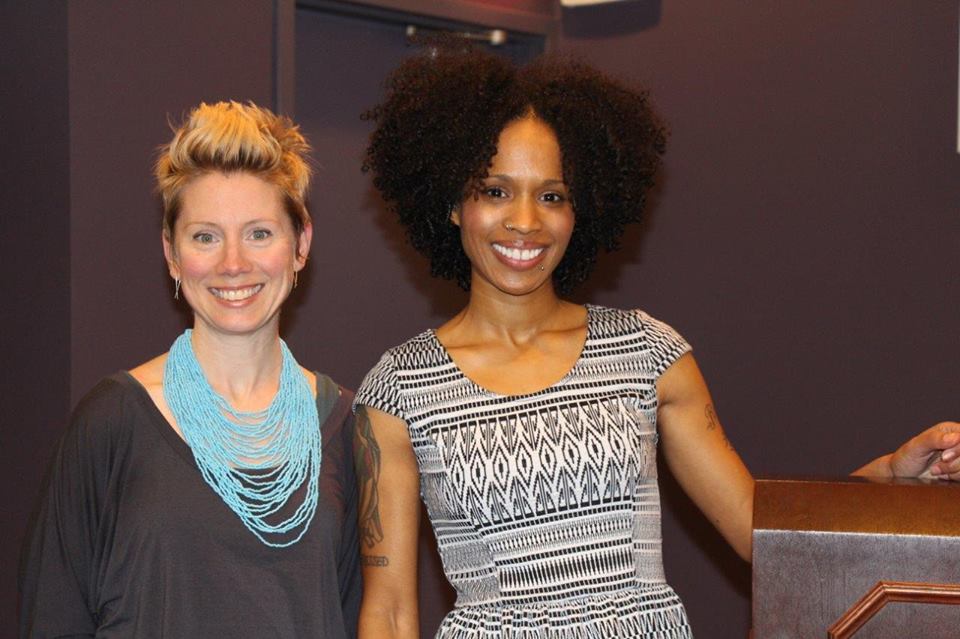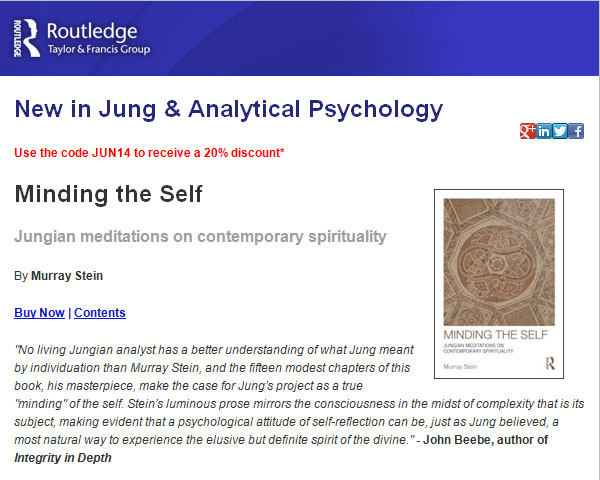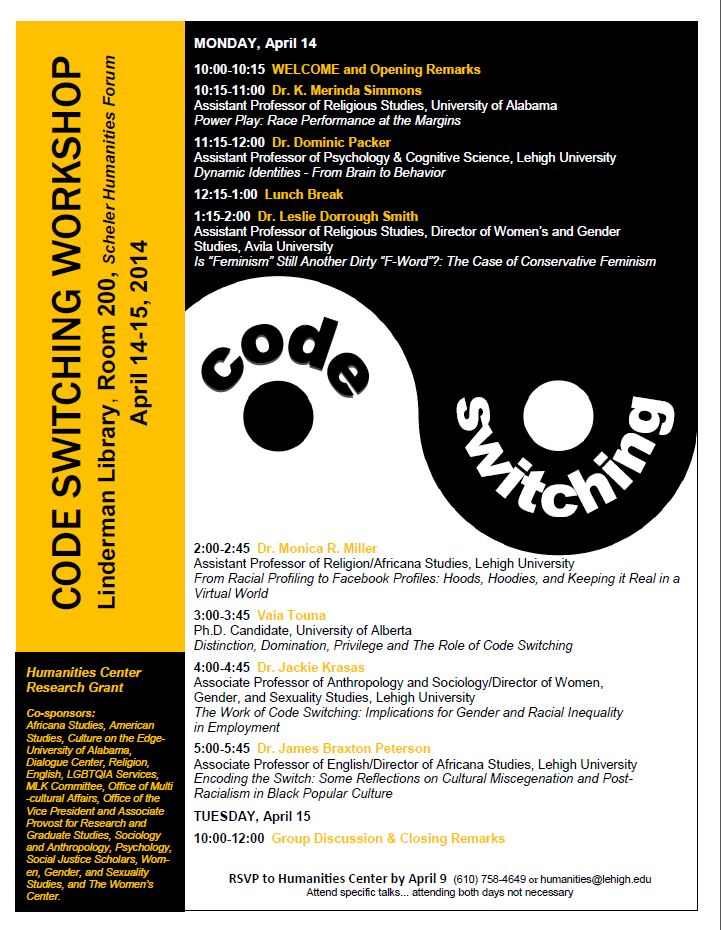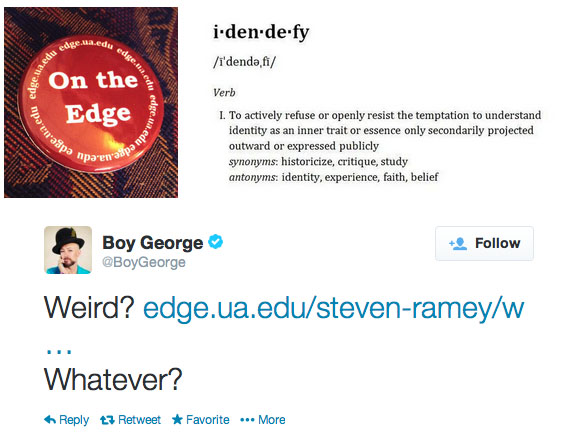
On Tuesday, 4 March 2014, Leslie Dorrough Smith (Avila University) hosted Monica Miller (Lehigh University) for a class discussion entitled “Why Be An Earth When You Can Be a God: Hip Hop, Religion, and Gender”, with an upper level gender course at Avila University (Kansas City, MO), and a public lecture entitled “Why Be An Earth When You Can Be a God: Hip Hop, Religion, and Gender” later that evening. The public lecture was on the lyrical imagination of emcees and Hip Hop artists alike has long focused on what some have called a “God Complex,” where such artists often refer to themselves as deities. This talk explores the changing dimensions and historical roots of Hip Hop’s “God Complex,” analyzes the rhetoric that positions “gods” as men (leaving women as representatives of “earth”), and considers what role gender and identity politics play in such an evolution.
(Click here to learn more.)
 Read the blurb and then tell me if you think critiques of intentionality, subjectivity, the place of the category belief in scholarship, and the idea of the author are all just tilting at windmills. For, apparently, this blurber, and the publisher who used his blurb, agree that Stein can time travel and read minds.
Read the blurb and then tell me if you think critiques of intentionality, subjectivity, the place of the category belief in scholarship, and the idea of the author are all just tilting at windmills. For, apparently, this blurber, and the publisher who used his blurb, agree that Stein can time travel and read minds.
 You should follow
You should follow 
 The latest
The latest  In December 2013,
In December 2013,  Why yes, there’s some different content
Why yes, there’s some different content

 https://twitter.com/idendefying
https://twitter.com/idendefying